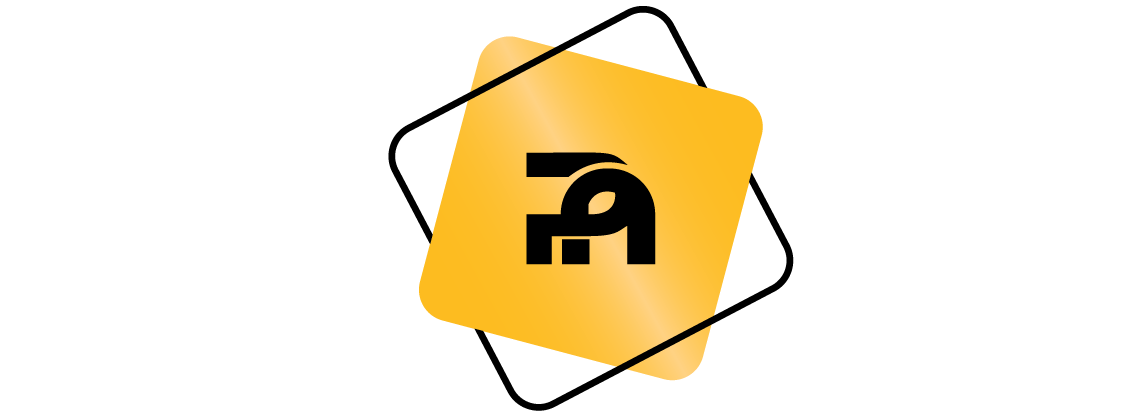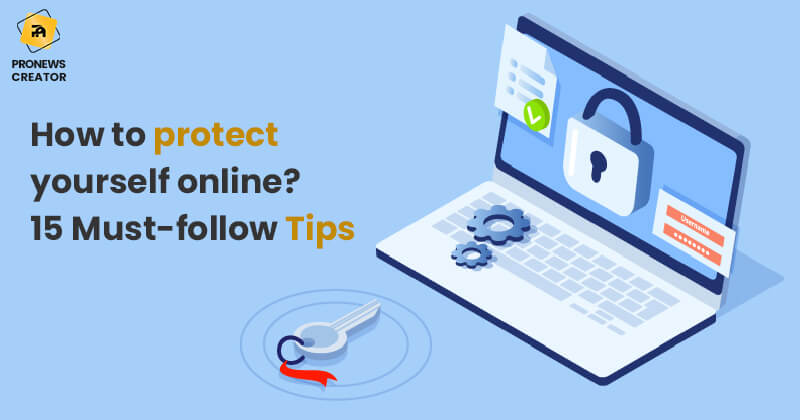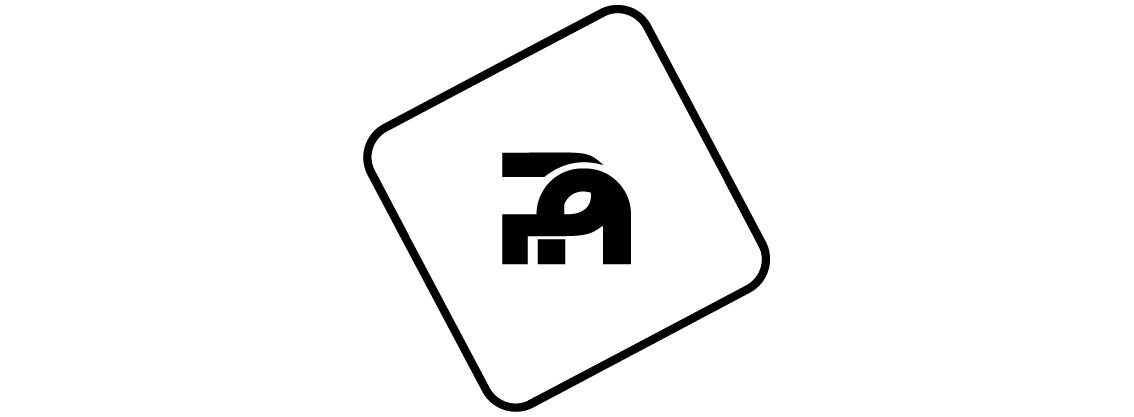People are increasingly using social media sites and networks.
Your personal, financial, and health information is in your online accounts, computer, and phone.
You’re exposing more personal information to the online world, making it difficult to safeguard valuable data.
Fortunately, there are several methods for safeguarding your online identity and sensitive information.
You can protect yourself online against scammers by making some easy changes to your devices and accounts.
Why is it important to maintain online safety?
The majority of people keep a lot of personal information on their laptops. Personal information may be stolen or deleted without your awareness if you do not protect your computer online. Your computer might be attacked in a variety of ways Ooer the internet.
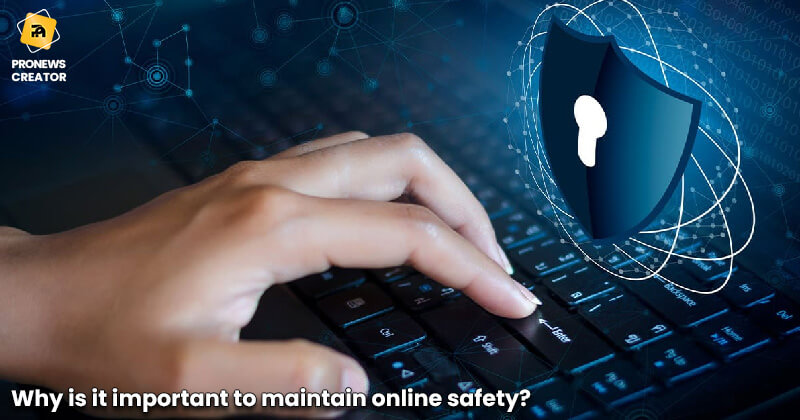
What are the quick methods for online security?
You may help safeguard yourself online by using strong passwords, avoiding risky links, backing up your data, and doing other things.
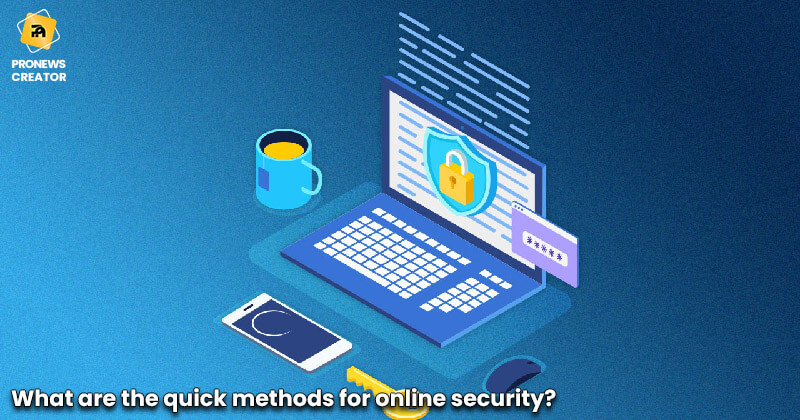
Summary of the 15 important ways to protect yourself online
Here are some steps to keep hackers out of your accounts and secure yourself online.
1. Secure your PC and phone
Once your home Wi-Fi network is secure, you should protect your devices.
Hackers can misuse or delete personal information without your awareness if you do not adequately protect your computer.
If you use a computer to access the internet, refresh your security software, operating system, and Internet browser.
To stay up to current on the newest security, enable automatic updates.
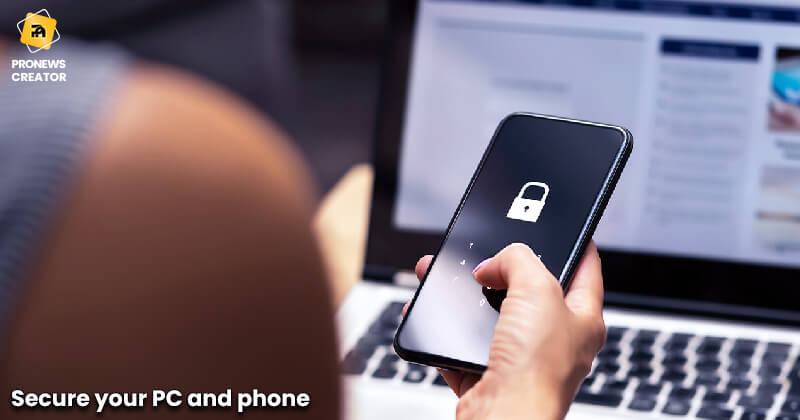
2. Review the privacy policies of the website
Privacy policies, albeit lengthy and complex, explain how the site safeguards the personal information it collects. Consider conducting business elsewhere if you cannot see or comprehend a site’s privacy policy.
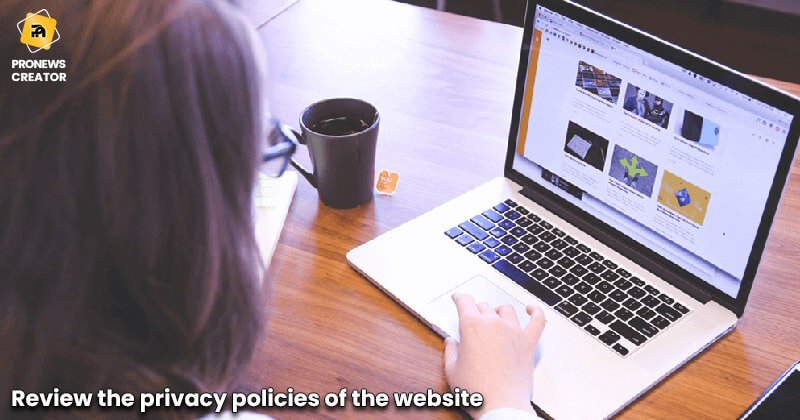
3. Use Caution When Downloading
When you download a program or file from an unknown source, you take the risk of installing dangerous malware on your computer.
Fraudsters frequently conceal these programs behind ostensibly harmless applications.
Think twice before clicking on a pop-up ad or downloading a “free” game or gadget.
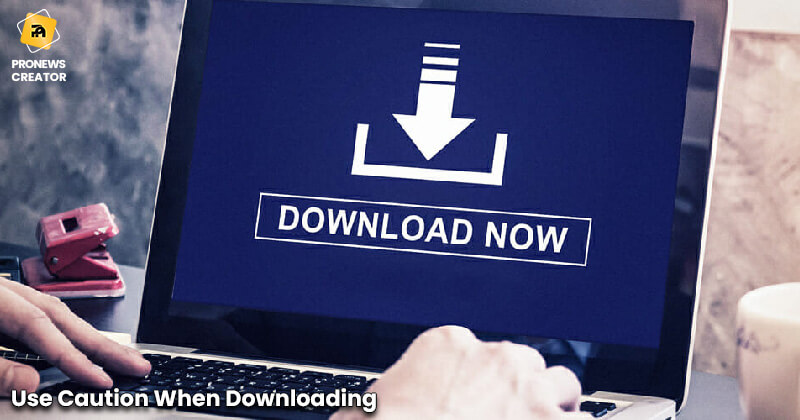
4. Don’t open mail from people you don’t know
If you get a phishing email with malware, you do not need to download the attachment for it to cause harm to your home network.
It is due to drive-by downloads that might install malware on your computer without your knowledge. It is a good idea to avoid opening emails from addresses you never recognize.
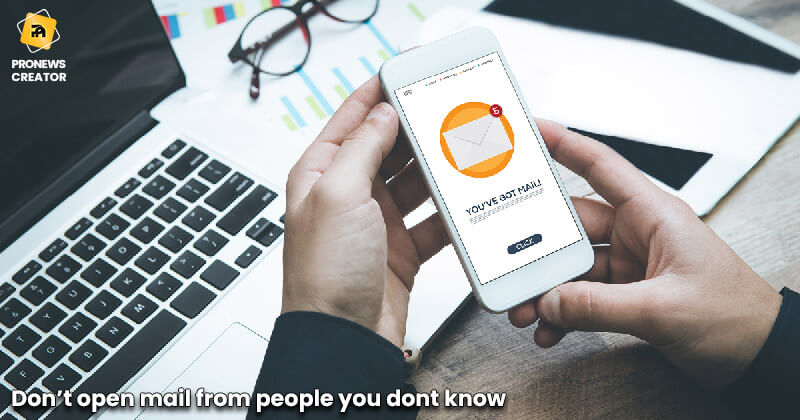
5. Protect your home Wi-Fi network
Your wireless network serves as the hub that connects all of your devices. To keep it safe from hackers, encrypt it, change your default passwords, and keep it up to date.
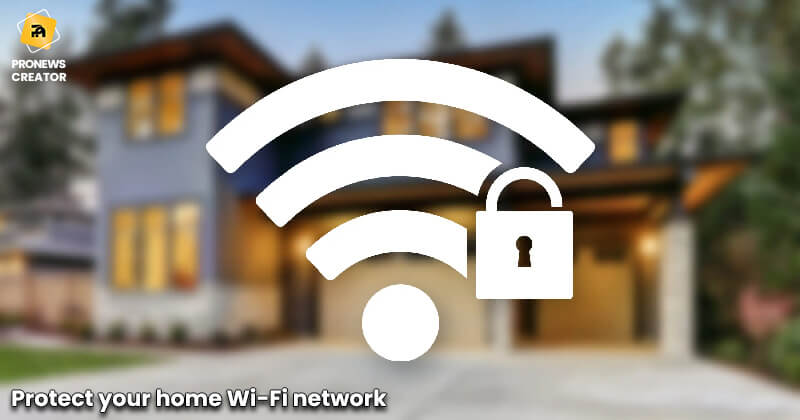
6. Keep your devices up to date
Updates frequently include essential patches for security flaws discovered in your programs or devices.
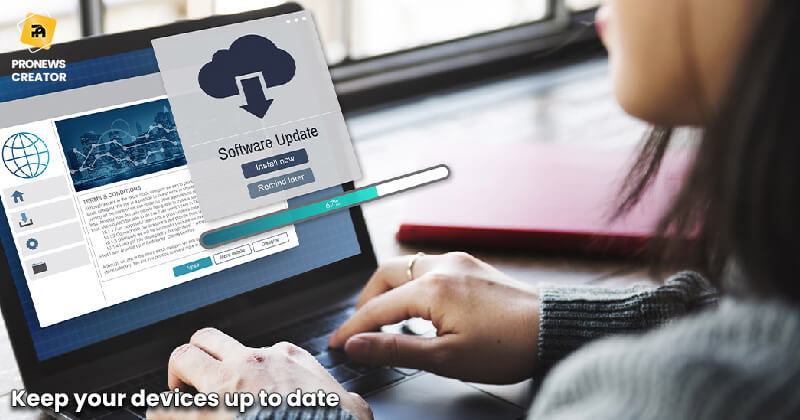
7. Use financial information wisely
Take care where you enter sensitive information like your credit card number online. Before you buy anything from a website, be sure the URL begins with “https://.” The last “s” is crucial.
Try not to buy anything from a website that lacks this. Also, even if you shop with a website frequently, you should think twice about preserving your financial information.

8. Avoid clicking on strange-looking links
Viruses and other types of malware are often dispersed when you click on a link from someone you know.
If you receive a link from a trusted friend or family member, contact them to inquire whether the link was delivered on purpose. You may have to wait a little longer to watch that hilarious viral video, but better safe than sorry.
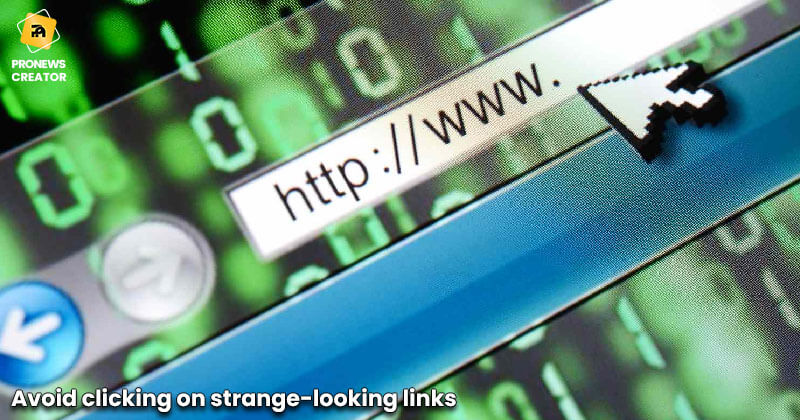
9. Create a strong password for online accounts
Your password is the only way to access your personal information on your account. Make it as long as possible. Avoid using conventional words. Also, do not reuse it.
Turn on multi-factor authentication if available on your accounts for security.
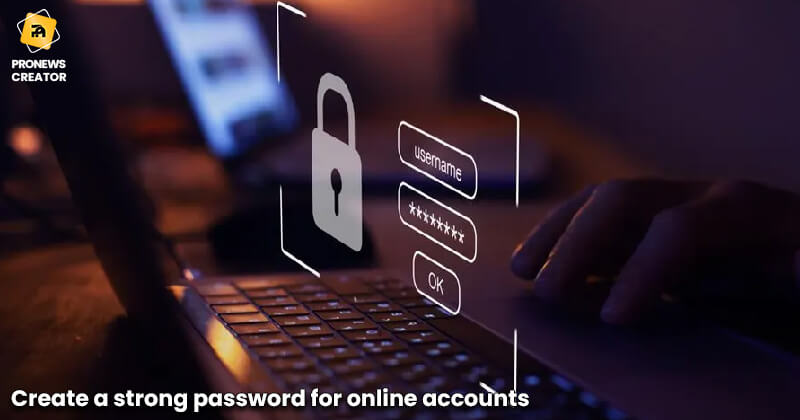
10. Back things up
Back up any data on your PC and phone.
If something goes wrong, you can retrieve your data and get your personal information and images back to your account.
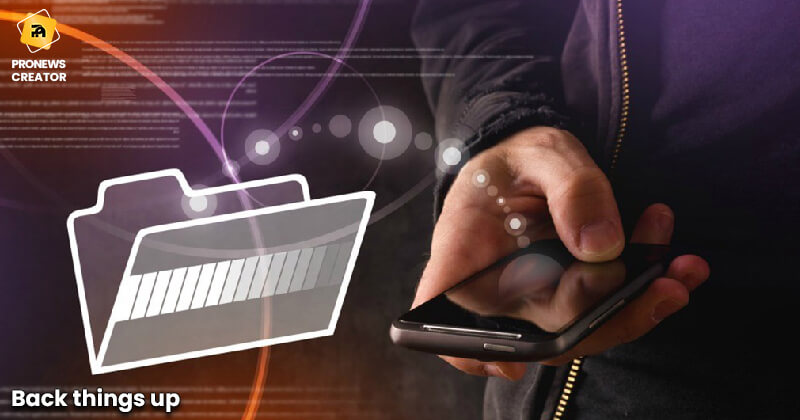
11. Be wary of phishing scams
Phishing scams employ bogus emails and websites to deceive consumers into providing personal or login information.
Do not click on links, attachments, or pop-up windows from sites you do not know.
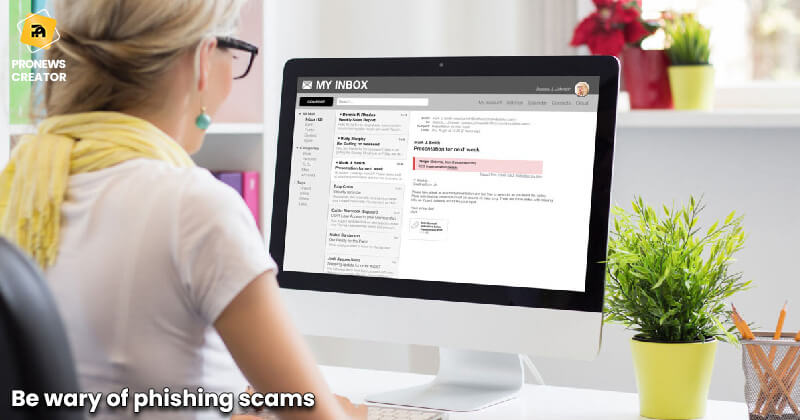
12. Do not use unprotected public Wi-Fi
Avoid using unprotected public Wi-Fi on your devices if at all possible.
And, if you must use it, avoid inputting sensitive information on any website, such as your Social Security number or financial information.
Better yet, when not at home, utilize a VPN, or virtual private network, to perform your browsing.
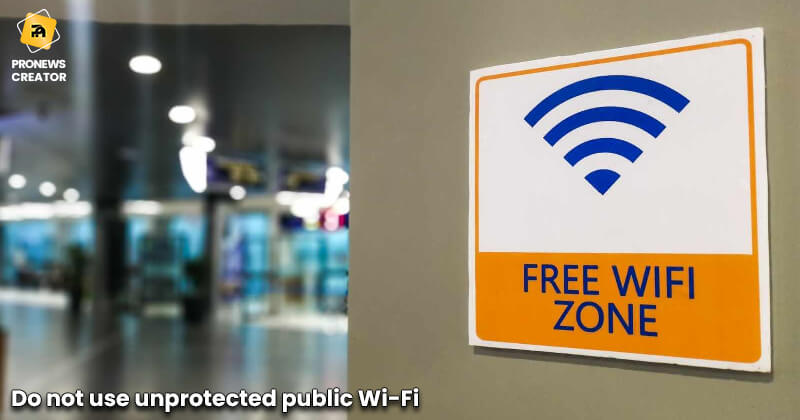
13. Make use of two-factor authentication
After logging in with your username and password, two-factor authentication needs you to confirm your identity.
It may take you a few extra seconds to log in to your accounts, but it may make it less likely that others will be able to get in as well.
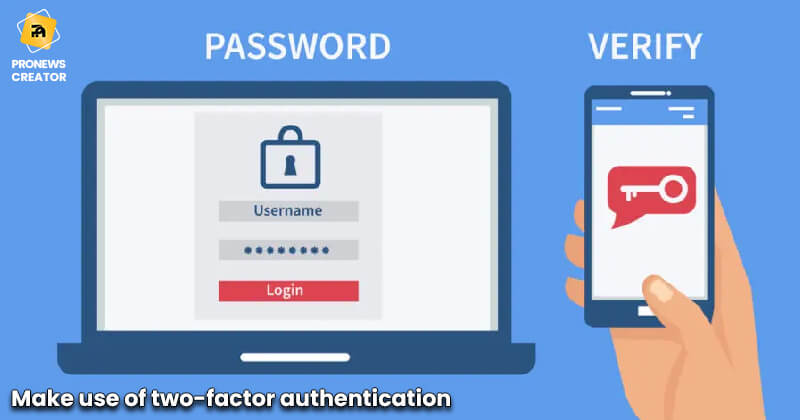
14. Sign Out Completely
When you’re through using your online account, closing or minimizing your browser or using a new web address may not be enough to prevent others from gaining access to your account information. To end your online experience, instead, click the “log out” button.
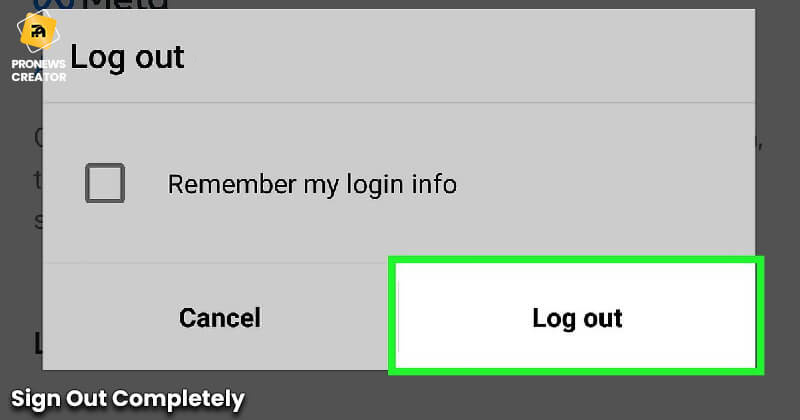
15. Educate your relatives
You can take all the necessary protections on your home security network, but if your family and other network users aren’t doing their bit to keep everything secure, your efforts may be in vain.
Everyone who uses your network regularly understands how to help maintain it safely. Children can also learn about internet security.

What are the risks of the internet?
| Cyberbullying (bullying through digital technology) | Iinfringement of privacy |
| Infringement of privacy | Your child encountering offensive pictures and messages |
| The presence of strangers there to ‘groom’ other members |
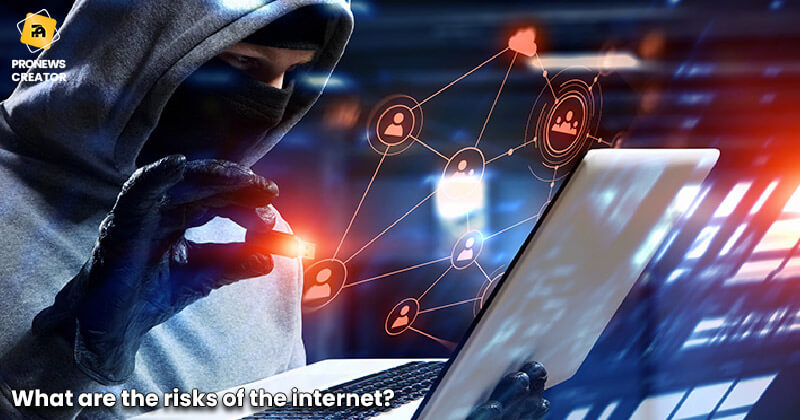
Final words
There is a lot of incorrect information, bad people, terrible websites, and crimes on the internet.
It’s critical to assess how you safeguard your identity online, with data breaches being publicized at an alarming speed.
It is easy to secure your gadgets, online identity, and activities by making small changes.
